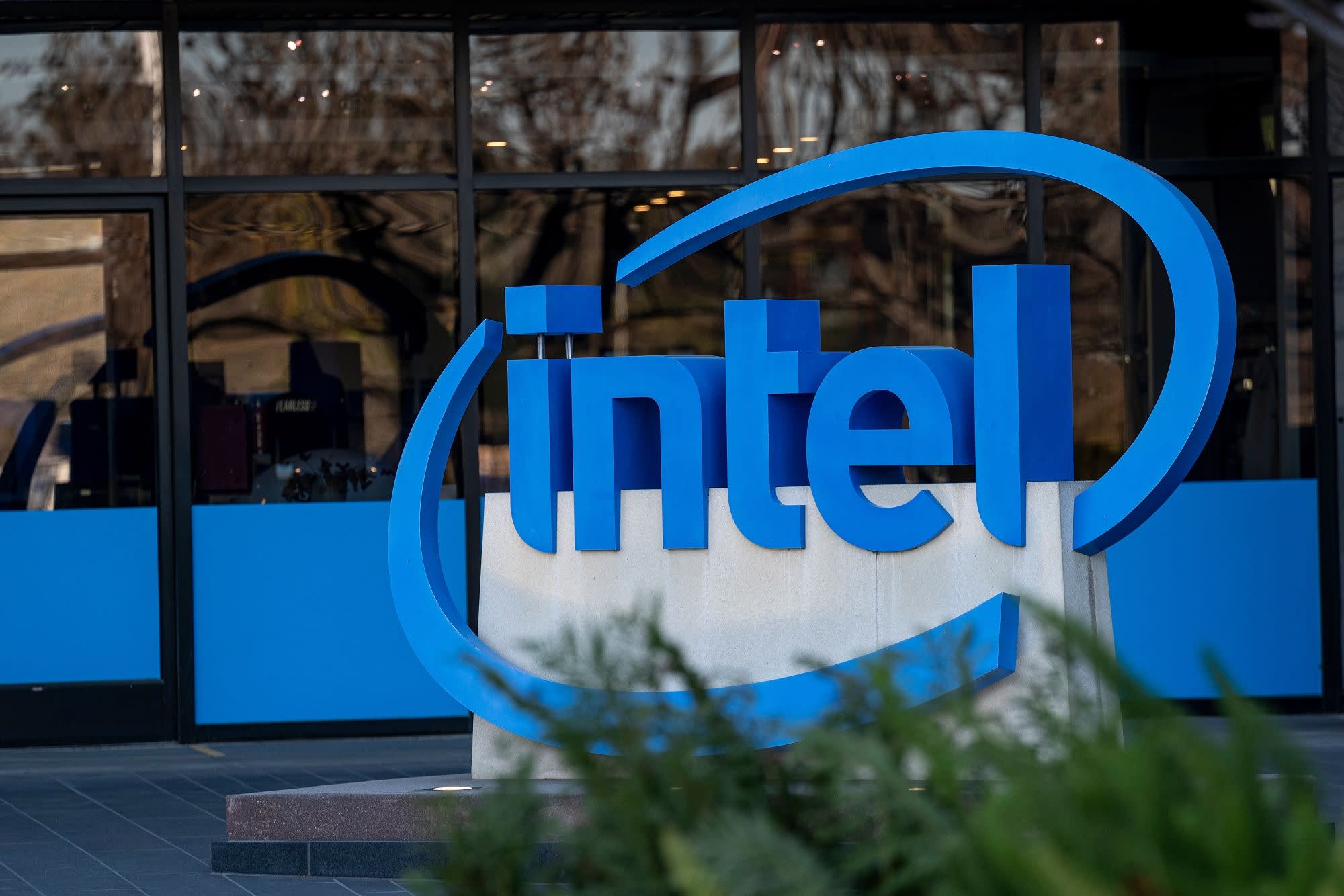One of the places we keep a regular eye on is the Geekbench results page. As time passes in 2020 and we just keep adding more and more in-development Chromebooks to our list of devices we’re tracking, it becomes a bigger undertaking each and every month to try and find new nuggets of info on all these new devices. What used to take a few minutes of searching now takes a good chunk of time when we begin scouring benchmark results for traces of upcoming Chromebooks.
Today was one of those days and as I began searching for every Chromebook we have in our current list, I began to lose hope that I was going to find anything new this time around. One of the last groups of devices on my list is the long-awaited collection of Snapdragon-powered Chromebooks, and as I searched the main baseboard ‘Trogdor’ in Geekbench, I came across a result that was just recorded today and it contains a bit of very interesting info.
In both the Geekbench 4 and Geekbench 5 results, the scores we’re seeing for ‘Lazor’ (a Chromebook board based on ‘Trogdor’, which is powered by what we believe to be the Snapdragon 7c) shows an unsurprising Snapdragon processor with very-surprising scores. While it is not news that ‘Lazor’ is rocking a Snapdragon chip, a solid score in a real-world benchmark is new data for sure. We’ve assumed since December of 2019 that the Snapdragon Chromebooks we’ll eventually see will be outfitted with the new Snapdragon 7c chips meant for laptops. What we’ve not known is how that chipset will actually perform in a Chromebook. Thanks to this benchmark, we have some idea.
Taking the scores from both Geekbench 4 and Geekbench 5, it is pretty easy to draw a comparison to the Snapdragon 730G that is likely to make its biggest appearance in the Google Pixel 4a. That device should be out any day now, so as it begins to make the review rounds we’ll know more about this mid-range processor. Early benchmarks show it and the 765G in the new OnePlus Nord to be fairly comparable in overall speeds with the 765G being a bit faster in both single and multi-core scores.

Comparing the Snapdragon processor in ‘Lazor’ to the best current ARM chips in Chromebooks right now, it isn’t even really a competition. For reference, the MediaTek Helio P60T in the Lenovo Chromebook Duet gets benchmark scores far lower than the Snapdragon 730G and the chip inside ‘Lazor’. Single-core scores are more than double and multi-core scores are nearly a 70% increase in this Snapdragon chip when comparing it to the MediaTek P60T in the Lenovo Duet.
Sure, this still means we’re looking at a mid-range smartphone processor basically being re-oriented as a laptop chip, but something like the Snapdragon 730G will be far faster than any ARM chip we’ve had in a Chromebook thus far. While I’d love to see Qualcomm hard at work to bring their more-powerful 8c and 8cx chips to Chromebooks, we have to start somewhere. The long-standing work on ‘Cheza’ and its Snapdragon 845 chip never made a ton of sense, but all the signs pointing to ‘Trogdor’, ‘Bubs’, ‘Lazor’ and ‘Pompom’ being based on the new Snapdragon 7c Compute Platform feels right and on time. While it is may be tempting to feel like a true Snapdragon Chromebook will never come at this point, benchmarks like this feel like a bit of vindication that progress is still happening and that we may just see a Qualcomm Chromebook sooner than later.
Check out our Back to School Chromebooks & Giveaway
The Link LonkJuly 29, 2020 at 01:29AM
https://ift.tt/3f7n9uU
Snapdragon Chromebook ‘Lazor’ shows Pixel 4a-like speeds in Geekbench - Chrome Unboxed
https://ift.tt/3gnoK0A
Snapdragon







No comments:
Post a Comment